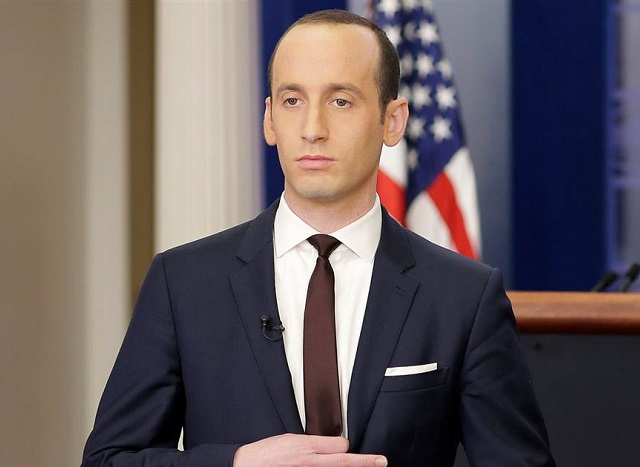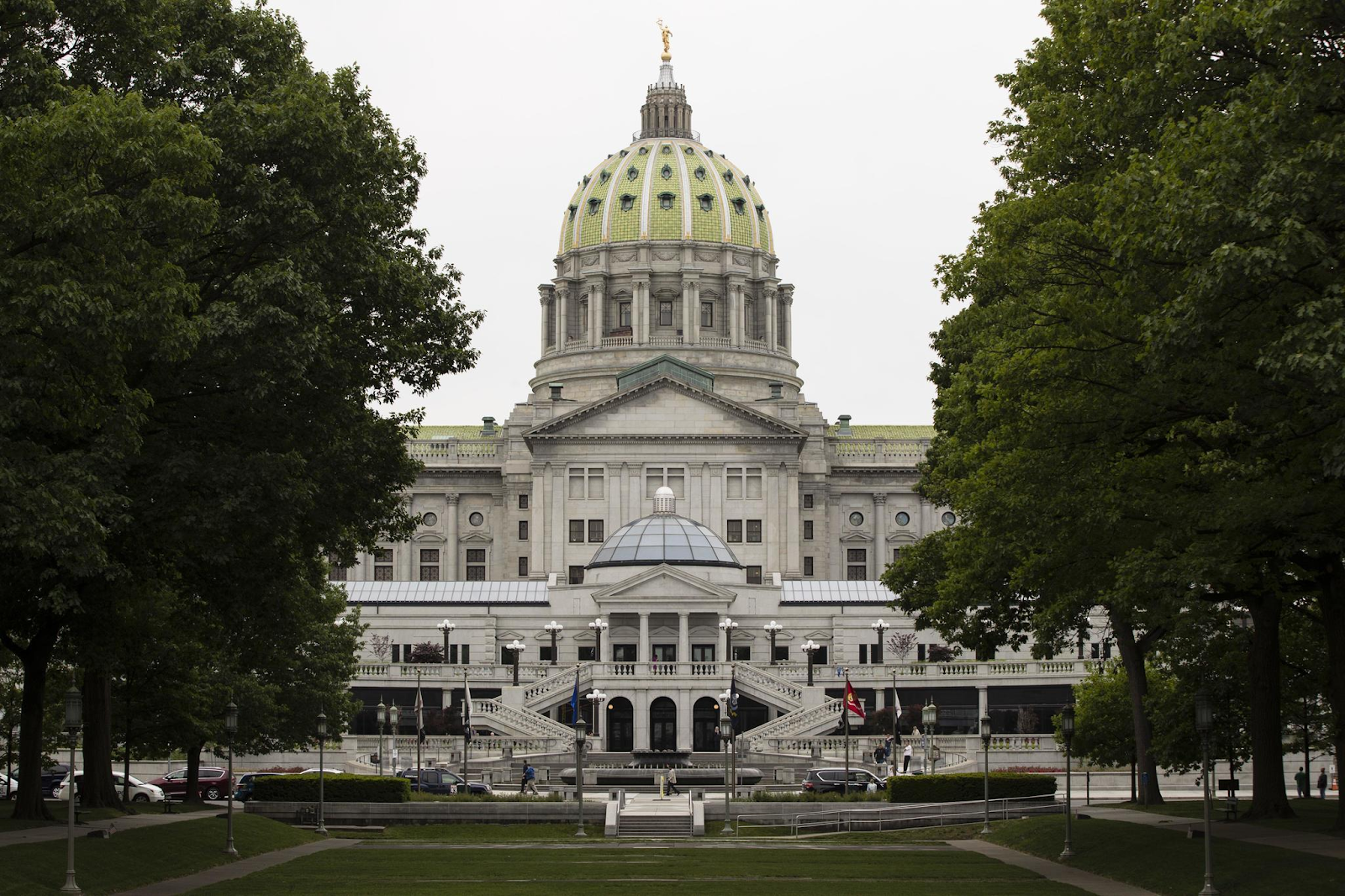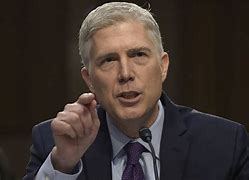I am absolutely gobsmacked. I expected that SCOTUS would okay school prayer via
Kennedy v. Bremerton School District. I did not expect that their decision would be based on a disconnecting themselves from reality.
The result is here. I'll walk you through the highlights (sputtering as I go). Sorry. I don't have time to make this short.
This is the case of the football coach who wanted to pray at the 50 yard line after games, and when the district told him to stop, decided he'd get his fifteen minutes of holy fame out of it.
Full summary here.
Justice Gorsuch wrote this one, and he's in an alternate reality in the very first paragraph.
Joseph Kennedy lost his job as a high school football coach because he knelt at midfield after games to offer a quiet prayer of thanks.
Nope. Joseph Kennedy decided not to put in for the job for another season.
Mr. Kennedy prayed during a period when school employees were free to speak with a
friend, call for a reservation at a restaurant, check email,
or attend to other personal matters.
This line of reasoning will be followed throughout. If you're on the clock, but can get away with dividing your attention, that counts as personal time. Not for the last time, Gorsuch and the berobed conservative activists of the court will demonstrate no understanding of how school jobs work. As a teacher, if I'm on my computer or phone while I'm supposed to be supervising students, I'm asking for trouble. And if I'm a coach or activity advisor, and my students have not officially left the building for home, then I had better be doing my job, which is keeping an eye on them.
What follows is a glowing version of Coach Kennedy's history with the school, putting emphasis on how quiet and personal and totally not while performing his duties as a government employee Kennedy's praying was. We will have to wait for the dissent to get the full story from this planet. What Gorsuch gets semi-right is that this practice stayed below the radar for a while, until Kennedy had expanded it enough that word got back to district officials, who had a church-and-state-separation freakout.
But Kennedy had an epiphany driving home one night, and felt "compelled" to do the prayer, and send a big letter to the district, in which he offered to do the prayer quietly "while students were busy with other activities--whether heading to the locker room, boarding the bus, or perhaps singing the school fight song" which--no! The offer of "I'll just slip a prayer in when I'm supposed to be doing my job" is not a great offer!
On October 16, "some members of the community" joined him and "this event spurred media coverage." Well, yes-- as the dissent points out, Kennedy spurred, courted, welcomed and recruited media coverage, as well as (not for the first time) participation from the other team. The district continued to put pressure on, feeling that to not do so would suggest they were endorsing a school prayer, and that their understanding of the Constitution would be that such an endorsement was wrong. How very old school of them.
The district noted in their evaluation that Kennedy failed to supervise students after games and failed to follow district policy regarding religious expression. Kennedy decided not to put in for the job for the coming year.
Next comes the dissection of the previous cases, including boneheaded statements like this from Justice Alito:
JUSTICE ALITO expressed concerns with the lower courts’ decisions, including the possibility that, under their reasoning, teachers might be “ordered not to engage in any ‘demonstrative’ conduct of a religious nature” within view of students, even to the point of being forbidden from “folding their hands or bowing their heads in prayer” before lunch.
One of the things the justices will deliberately, repeatedly ignore in this case is the authority of a coach over his team. Kennedy reportedly never said, "You have to come pray with me." He wouldn't have to, any more than any coach ever has to say, "You must come to the optional practice." The "if you want to stay on my good side and get to play" is always silent. The lower court correctly found that
because Mr. Kennedy “was hired precisely to occupy” an “influential role for student athletes,” any speech he uttered was offered in his capacity as a government employee and unprotected by the First Amendment.
Yes! How is that not the end of it? And the court the next level up was on point too
According to the court, “Kennedy’s onfield religious activity,” coupled with what the court called
“his pugilistic efforts to generate publicity in order to gain
approval of those on-field religious activities,” were enough
to lead an “objective observer” to conclude that the District
“endorsed Kennedy’s religious activity by not stopping the
practice.”
How is that not the end? Well, SCOTUS has a way. Writes Gorsuch
Under this Court’s precedents, a plaintiff may carry the burden of proving a free exercise violation in various ways, including by showing that a government entity has burdened his sincere religious practice pursuant to a policy that is not “neutral” or “generally applicable.”
In other words--and stay with me here--a prohibition against religious speech is discriminatory if it's only applied to religious speech. I'm not sure--after all, I'm not a fancy lawyer--but I think Gorsuch is suggesting that the First Amendment's Establishment clause is invalid because it only applies to religious speech. At any rate, since the District's policies "were neither neutral nor generally applicable," they don't hold. Because the District admits that they didn't want to allow "an employee, while still on duty, to engage in religious conduct," they lose.
Gorsuch acknowledges that "none of this means the speech rights of public school employees are so boundless that they may deliver any message to anyone anytime they wish" because they are still government employees, which is a nice try, but I still will cross my fingers for a bunch of teacher lawsuits claiming "My sincerely held religious belief require me to teach about systemic racism and regularly say gay."
I'm not going to try to capture the whole of Gorsuch's next point, but it boils down to something like this-- Kennedy's speech must have been private because it has nothing to do with doing his job, and therefor the District has no business firing him for engaging in speech that has nothing to do with his job."
Gorsuch goes on to acknowledge that those who say teachers and coaches are leaders and all that "have a point."
But this argument commits the error of positing
an “excessively broad job descriptio[n]” by treating everything teachers and coaches say in the workplace as government speech subject to government control.
If you listen, you can hear the sound of school administrator heads exploding all over America, as they realize they will now be responsible for figuring out exactly which words that teachers say count as workplace speech.
Next we move on to the district and its assertion that all this violated the establishment clause.
The District concluded that at a “reasonable observer” could think it “endorsed Kennedy’s religious activity by not stopping the practice." Which brings us to t
he Lemon test, a long-held (since 1971) means of assessing whether the establishment clause has been trampled or not and you could go study up on but--guess what!
SCOTUS just threw it out. This is a disturbing aspect of all this, because if Gorsuch's recital of the facts were true, then that would pretty much end things--but
they still went out of their way to stamp on Lemon. So long, Lemon test. You were useful before, but the new guys don't like the answers you yield so, instead, they will substitute the--well, if you've been paying attention the last few weeks, you can see this one coming:
In place of Lemon and the endorsement test, this Court
has instructed that the Establishment Clause must be interpreted by “‘reference to historical practices and understandings.“‘[T]he line’” that courts and governments
“must draw between the permissible and the impermissible” has to “‘accor[d] with history and faithfully reflec[t] the
understanding of the Founding Fathers.’”
Jesus, Mary, Mother of God. As with previous uses, this "test" can be used to roll everything back! Brown v. Board, here we come!
Does the school letting a coach lead prayer on the field look like endorsement of his activity? Who cares?
This Court has long recognized as well that “secondary school students are mature
enough . . . to understand that a school does not endorse,”
let alone coerce them to participate in, “speech that it
merely permits on a nondiscriminatory basis.”
Yes, if there's anything we know about students, it's how resistant they are to any kind of social pressure. But the court is going to stick to the argument that if nobody is actually demanding the students pray, there's no pressure. And, he adds, even if some people are offended by certain forms of speech or prayer they are sure to encounter in a society where those activities enjoy such robust constitutional protection, "offense does not equal coercion." And though the district reported students and parents who said they felt coerced, the court waves that away (Heck, they could have been talking about prayers led by some other previous coach).
The District and court circle back to the notion that they have an establishment clause duty to "suppress" religious talk,
The only added twist here is the District’s suggestion not only that it may prohibit teachers
from engaging in any demonstrative religious activity, but
that it must do so in order to conform to the Constitution.
Such a rule would be a sure sign that our Establishment
Clause jurisprudence had gone off the rails. In the name of
protecting religious liberty, the District would have us suppress it. Rather than respect the First Amendment’s double
protection for religious expression, it would have us preference secular activity. Not only could schools fire teachers
for praying quietly over their lunch, for wearing a yarmulke
to school, or for offering a midday prayer during a break
before practice. Under the District’s rule, a school would be
required to do so.
Well, no. It would require them to ask the teacher to stop, maybe, but I doubt it. But Gorsuch has to resort to this because his argument hinges on the fiction that Kennedy was just a guy having a quick head bow in a quiet moment, and not a guy praying publicly and with much fuss in a way guaranteed to pressure students to join in.
But note also the old religious right argument that secular and religious activities are somehow mutually exclusive, that secular stuff is somehow the opposite of religious stuff. I'm not going to wander off on this tangent now, but this fiction is at the heart of all of these church-state arguments--that secular stuff is somehow just another religion that is getting preferential treatment instead of another thing entirely.
Gorsuch's other argument piece is that there's no tension between establishment and free exercise clauses here, and that the coach is on the right side of both and nobody involved really understands the establishment clause correctly. Which is perhaps the biggest whopper here. But I guess one way to make the free exercise clause dominate is to turn the establishment clause into a whispy nothing.
Gorsuch wraps up:
Respect for religious expressions is indispensable to life
in a free and diverse Republic—whether those expressions
take place in a sanctuary or on a field, and whether they
manifest through the spoken word or a bowed head. Here,
a government entity sought to punish an individual for engaging in a brief, quiet, personal religious observance doubly protected by the Free Exercise and Free Speech Clauses
of the First Amendment.
It's such a mischaracterization of the facts of the case one has to wonder, if Gorsuch is correct, how such a case could have been decided so incorrectly by lower courts.
The answer, as laid out in detail in a dissent by Justice Sotomayor, is that Kennedy's "observance" was not brief, quiet, or personal. As Sotomayor writes
Official-led prayer strikes at the core of our constitutional protections for the religious liberty of students and their parents, as embodied in both the Establishment Clause and the Free Exercise Clause of the First Amendment.
The Court now charts a different path, yet again paying almost exclusive attention to the Free Exercise Clause’s protection for individual religious exercise while giving short shrift to the Establishment Clause’s prohibition on state establishment of religion.
To the degree the Court portrays petitioner Joseph Ken�nedy’s prayers as private and quiet, it misconstrues the
facts.
Also, after noting that the majority just threw out Lemon, she writes
In addition, while the
Court reaffirms that the Establishment Clause prohibits
the government from coercing participation in religious exercise, it applies a nearly toothless version of the coercion
analysis, failing to acknowledge the unique pressures faced
by students when participating in school-sponsored activities. This decision does a disservice to schools and the
young citizens they serve, as well as to our Nation’s
longstanding commitment to the separation of church and
state. I respectfully dissent.
The dissent uses pages to lay out the many details of how Kennedy was not quiet or brief, including his invitations to opposing teams to join in, and that very special time where he went out and led a student prayer right in front of the administrator who has just asked him not to. Why the District didn't just fire him for insubordination I do not know.
And here, finally, is why the case is a big deal:
Properly understood, this case is not about the limits on
an individual’s ability to engage in private prayer at work.
This case is about whether a school district is required to
allow one of its employees to incorporate a public, communicative display of the employee’s personal religious beliefs
into a school event, where that display is recognizable as part of a longstanding practice of the employee ministering
religion to students as the public watched. A school district
is not required to permit such conduct; in fact, the Establishment Clause prohibits it from doing so.
This case will liberate all sorts of religious folks in public schools, and we'll get plenty more Jesus prayers across the country at school functions. More than that, this opens the door for religious private and charter schools to be openly religious; teamed up with last weeks Carson verdict that says taxpayer dollars can go straight to private religious schools, this makes taxpayer dollars for openly religious (and discriminatory) schools that much closer, as well as the full use of that religious schooling (and of course, by "religious," these folks mean "Christian") to supplant, replace, and feats on the dismantled pieces of public education.
Folks with more legal expertise can fill in the blanks here. I can read writing on walls and follow arguments to their logical conclusions. This is one ugly wall. Thomas and Alito add their own concurrences, in which they sort of assure us that this verdict says nothing larger about speech, and I'm sure we can trust them because they've never lied to us before.
There are also going to be all sorts of messy unintended consequences, including shenanigans from the Pastafarians and the Satanic Temple. There are going to be huge headaches for all the public school administrators who just became arbiters of what religious expression is okay, and which is not. And for students who are part of some minority non-christianish religion, daily life at school is going to become that much more miserable. Plus, there's a whole history of decisions based on Lemon that are now ;eft twisting in the wind.
I'll be waiting to hear what the anti-indoctrination crowd has to say about all this.
What a freaking mess of a decision. What a mess of a court.











